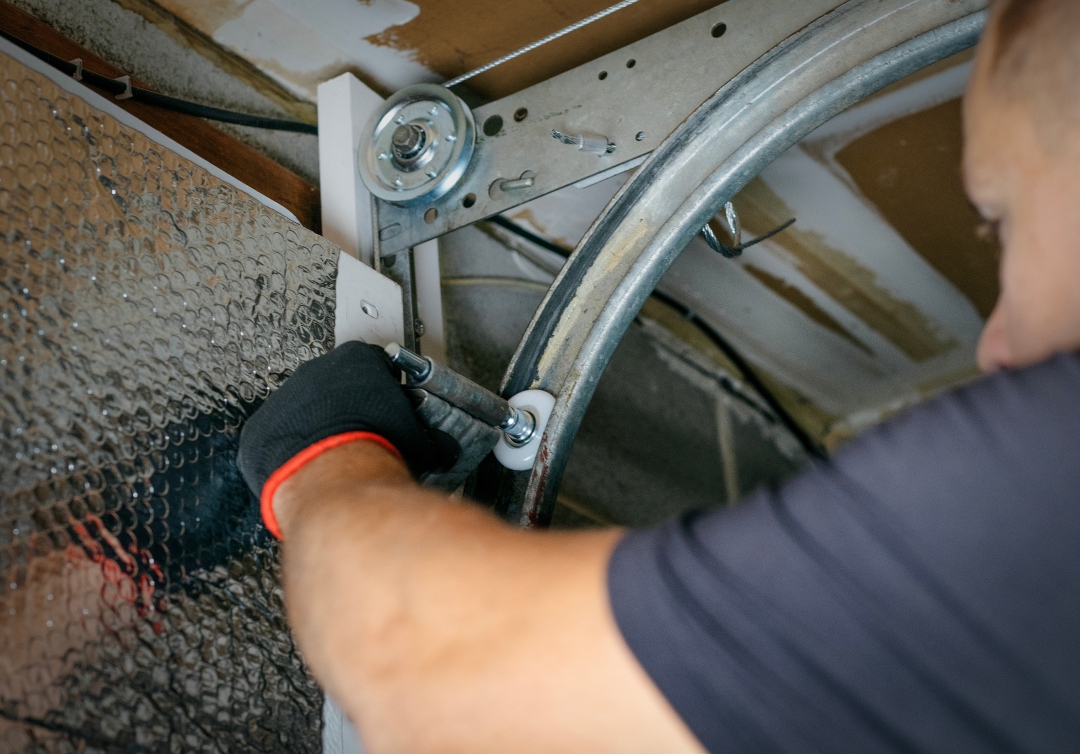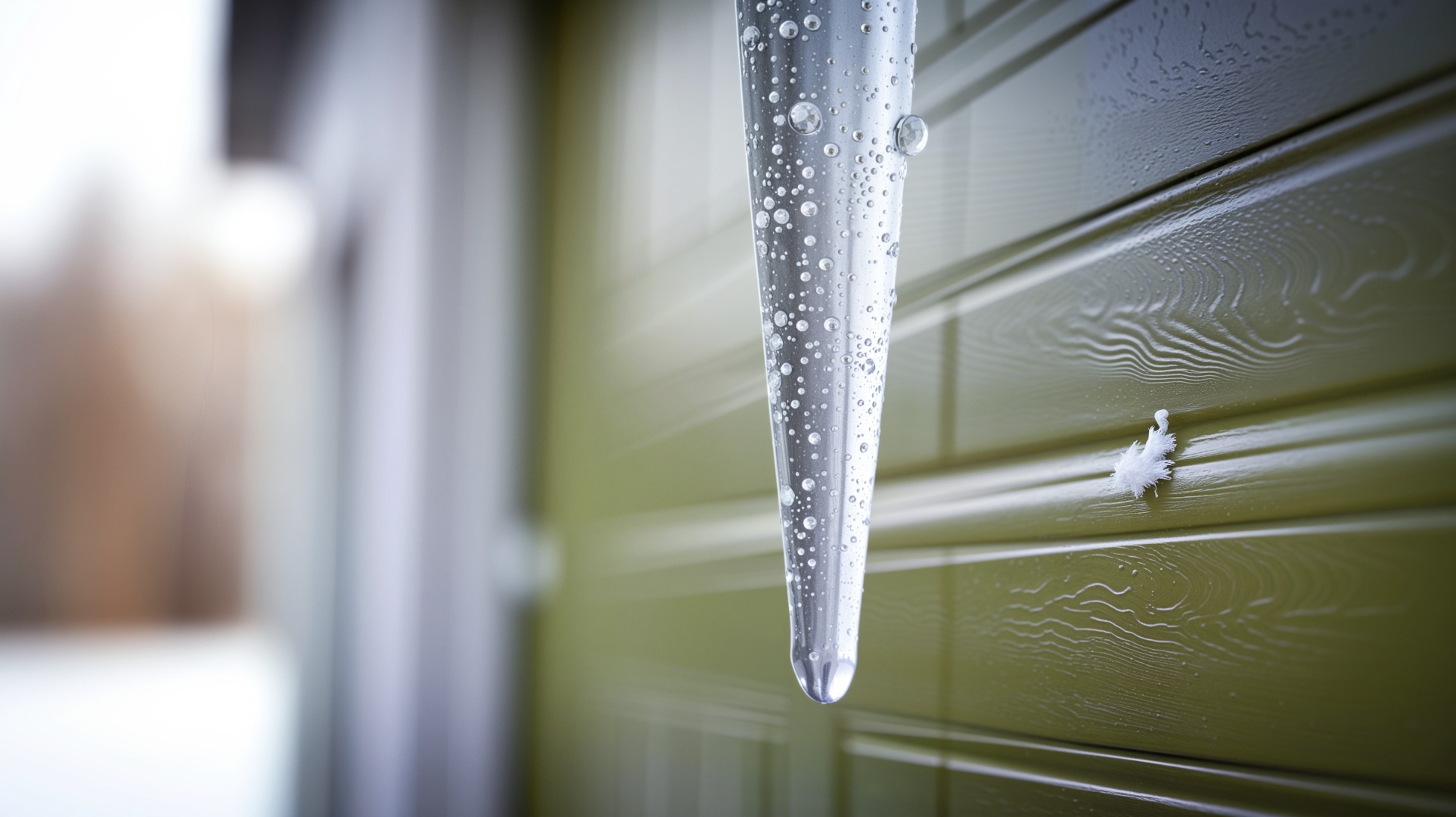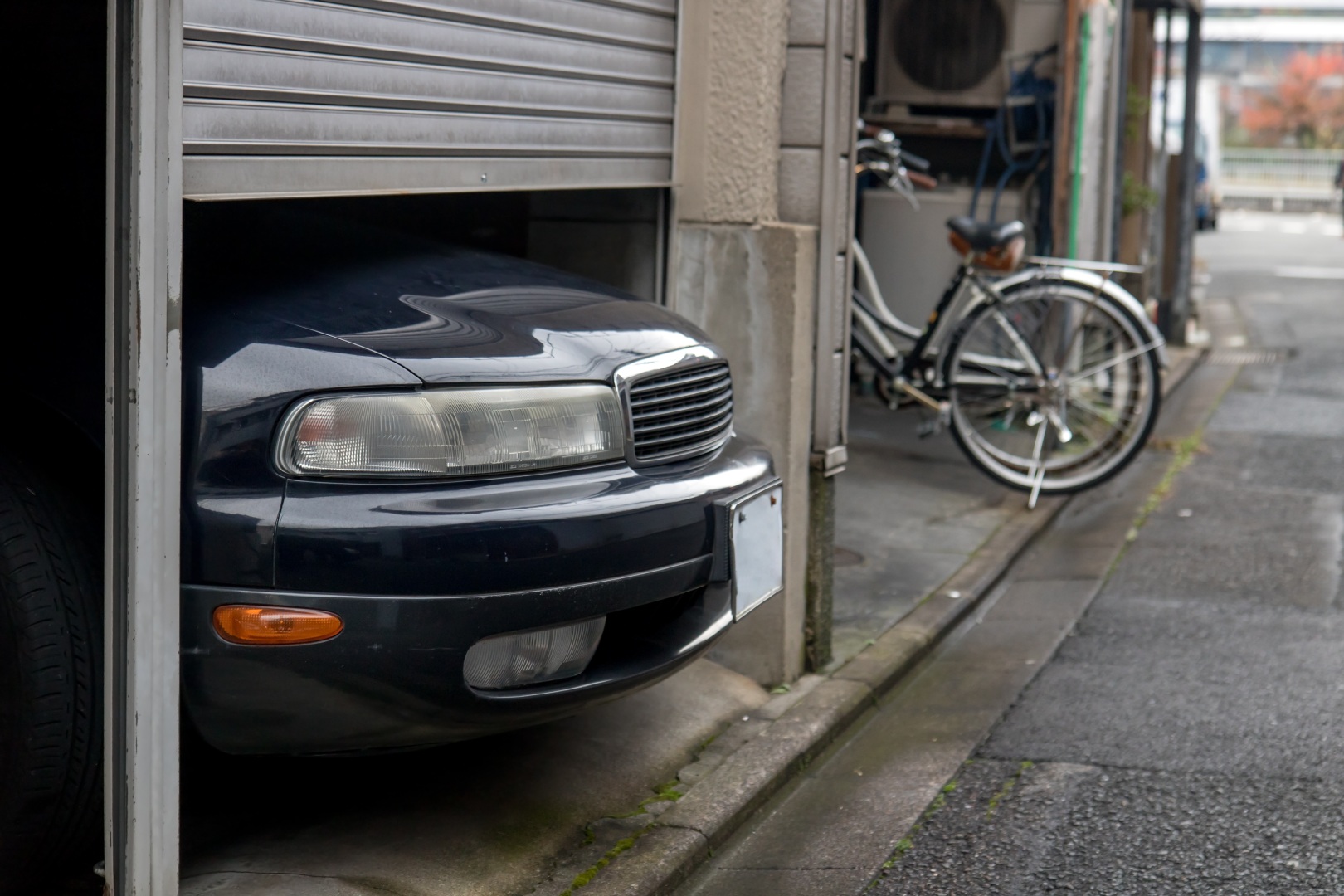Many homeowners don’t realize how weather affects garage door performance. Changes in weather conditions significantly impact the functionality, lifespan, and reliability of their garage door.
Whether it is sweltering heat and high humidity, freezing temperatures, or heavy storms, each weather condition poses a different threat to your garage door’s performance and durability. Ignoring the effects of weather on your garage door can lead to unexpected repairs, costly damages, or even a complete breakdown.
In this blog, we’ll explore how various weather conditions influence your garage door and provide actionable tips on how to care for your garage door system during these environmental impacts.
How Hot Weather Affects Garage Door Performance
High temperatures and prolonged sun exposure can significantly affect your garage door’s performance, materials, and overall durability.
Expansion and Warping
In hot weather, metal garage door materials expand. This can cause your door to warp or become misaligned, potentially making it difficult to open or close smoothly. Wooden garage doors can also warp or crack due to intense heat and sun exposure.
Overheated Garage Door Openers
Prolonged high temperatures can place additional stress on your garage door opener’s motor. Over time, regular overheating can shorten the lifespan of your opener.
Damage from UV Rays
Continuous exposure to intense sunlight can fade your garage door’s paint or finish, impacting its appearance and diminishing your home’s curb appeal. UV damage can also degrade protective coatings, leaving your door more vulnerable to rust or corrosion.
Tips for Hot Weather Garage Door Maintenance:
- Invest in insulated garage doors or add insulation to existing doors
- Regularly inspect your garage door for sings of warping or misalignment
- Apply UV-resistant protective coatings or paints
- Ensure your garage has adequate ventilation or cooling solutions to reduce internal heat buildup
How Cold Weather Affects Your Garage Door
Winter weather, especially in regions that experience freezing temperatures like Missouri, can present multiple challenges for your garage door system.
Contraction and Stiffening of Materials
Cold temperatures cause metal components of your garage door like tracks, springs, rollers, and hinges to contract. This contraction can lead to difficulty in smoothly opening and closing your door. Additionally, lubrication that typically keeps these moving parts operating smoothly can thicken or solidify in freezing temperatures, adding extra strain on your garage door opener and hardware.
Increased Risk of Broken Garage Door Springs
Garage door springs can become brittle and less flexible during low temperatures, increasing the risk of sudden breaks. Broken springs are a serious issue because they can cause the door to drop suddenly, potentially causing injury or damage.
Frozen Tracks and Weather Seals
Snow and ice can accumulate along your garage door tracks and at the bottom weather seal. This accumulation can freeze the door shut, preventing it from opening at all, or cause significant strain on the opener motor when trying to force it open. A frozen weather seal can also tear upon opening, significantly impacting your home’s energy efficiency.
Garage Door Opener Issues
Extreme cold can affect the electrical and mechanical components of your garage door opener, making it sluggish or even temporarily non-functional.
Tips for Cold Weather Garage Door Care:
- Regularly clear ice and snow from around your garage door and tracks
- Ensure proper lubrication of rollers, springs, and hinges with lubricants specifically designed for garage doors and cold temps
- Inspect and replace weather seals to prevent drafts and moisture intrusion
- Invest in insulated garage doors or add insulation to existing doors
Humidity and Moisture: Hidden Threats
Humidity and moisture may seem like minor concerns compared to extreme heat or freezing temperatures. However, they pose significant and often overlooked threats to your garage door’s long-term performance and durability. High humidity levels and excess moisture can slowly degrade various components of your garage door system.
Rust and Corrosion
Metal parts, like hinges, springs, rollers, and tracks are highly susceptible to rust and corrosion when exposed to moisture over time. Rust not only affects the appearance of your garage door, but weakens its structural integrity and smooth operation.
Warping and Rotting of Wooden Garage Doors
Wooden garage doors are particularly vulnerable in humid climates. Constant exposure to moisture can cause wood to absorb water, leading to swelling, warping, or rot.
Moisture Damage to Electronic Components
Garage door openers and sensors are sensitive to moisture. High humidity levels or condensation can cause electrical issues such as short-circuits or operational malfunctions. Moisture can also degrade battery performance in remotes or wireless keypads.
Mold and Mildew Formation
Excessive moisture in or around the garage can lead to mold and mildew growth, which not only poses a health risk but can damage your garage door’s weather seals, insulation, and interior surfaces.
Tips for Combating Humidity and Moisture:
- Regularly inspect and lubricate metal components with moisture-resistant lubricants
- Apply weatherproofing treatments to wooden doors to reduce moisture absorption
- Use proper weather seals and replace them regularly to keep moisture out
- Consider installing a garage dehumidifier or ventilation system to control humidity levels
- Regularly inspect your garage door for signs of mold, mildew, and moisture damage
Wind and Storm-Related Impacts
Severe weather like strong winds, storms, and tornadoes can cause significant damage to garage doors. Understanding the risks and taking preventative measures can protect your home and minimize potential damage during storm seasons.
Damage from Strong Winds
High winds can exert intense pressure on your garage door which can lead to misalignment, bending, or buckling of door panels. If the wind is strong enough and you don’t have insulated/reinforced doors, it can tear your garage door right off its tracks.
Debris Impact
High winds and tornadoes frequently propel debris at high speeds, potentially causing direct impact damage to garage doors. Even small pieces of debris can create dents or cracks which weakens the door’s structural integrity.
Storm-driven rain
Rain and flooding can penetrate a compromised garage door, causing internal water damage, structural issues, and mold growth within the garage.
Electrical surges
During thunderstorms, a lightening strike and subsequent power surge can fry electrical components like your garage door opener motor.
Preventative Tips for Storm Protection
- Install a wind-rated, and insulated garage door
- Ensure weather stripping and seals are intact
- Install a surge protector within your garage door system
- Immediately address any damages following storms to maintain structural integrity
Is your garage door prepared for Missouri weather conditions?
Understanding how weather affects garage door performance, reliability, safety, and lifespan is crucial. By proactively inspecting, maintaining, and weatherproofing your garage door, you can avoid many common weather-related issues. Regular professional inspections, appropriate insulation, and investing in reinforced or weather-resistant materials can all help keep your garage door running smoothly, regardless of what Mother Nature brings.
You can contact Garage Door Guy today for a professional inspection, weatherproofing solutions, and reliable repairs to help ensure year-round safety and convenience for your home.



